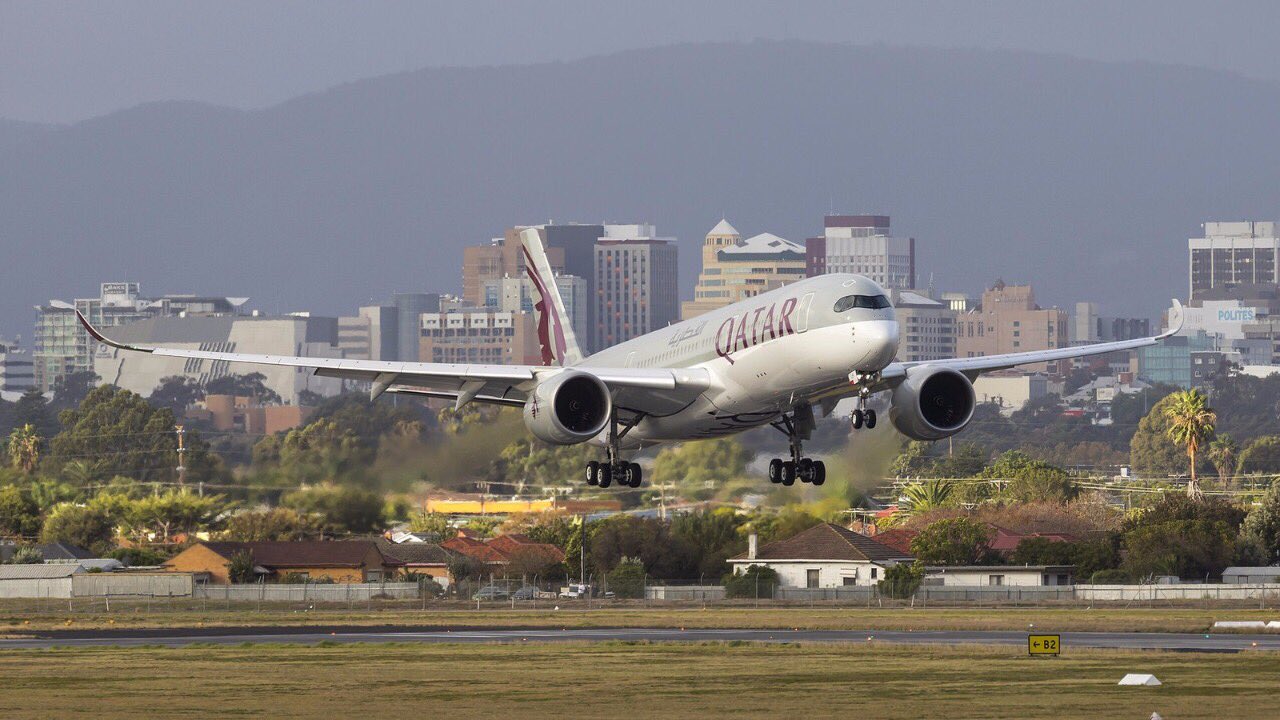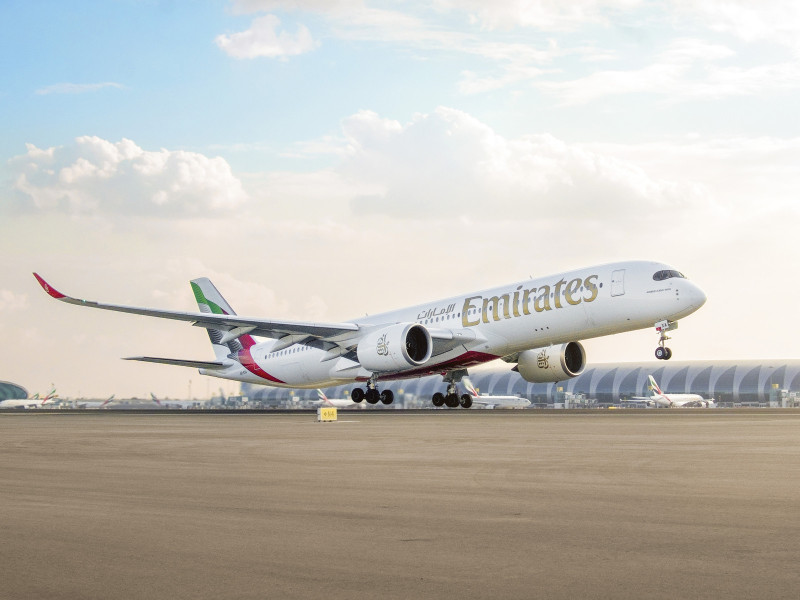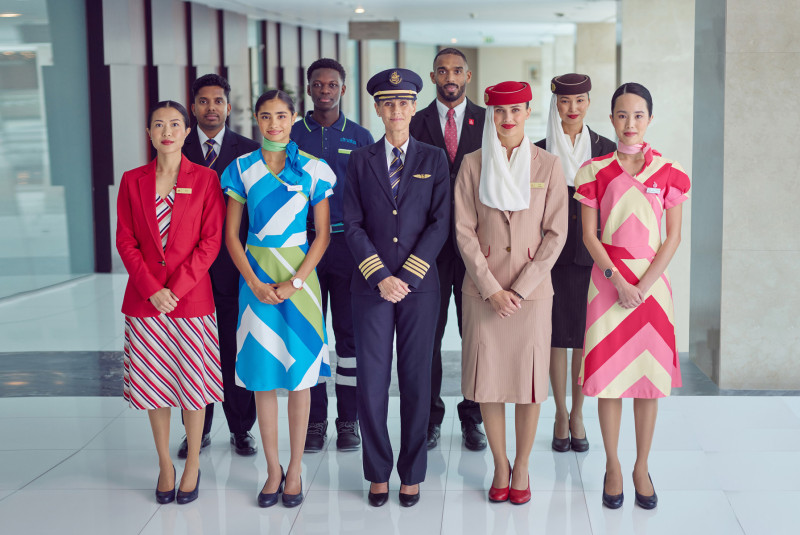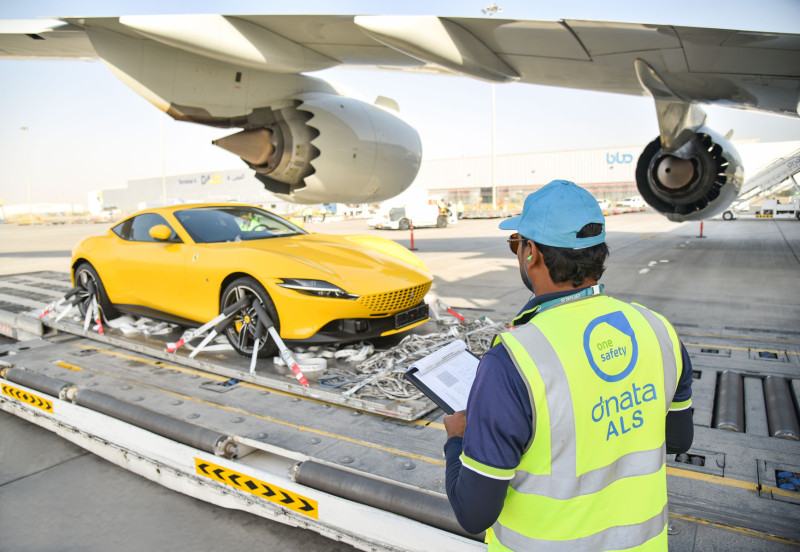
At the 2025 International Air Transport Association (IATA) summit in New Delhi, Emirates Airline President Tim Clark highlighted a “greater degree of determination” from Boeing’s new leadership in tackling the manufacturer’s longstanding production and delivery challenges.
Clark acknowledged meaningful progress in stabilizing Boeing’s production lines, a critical factor for Emirates given its massive order of 205 Boeing 777X aircraft.
Originally, Emirates expected deliveries of the 777X years earlier, but Clark confirmed the airline now anticipates receiving its first aircraft between late 2026 and early 2027. This revised timeline reflects ongoing delays caused by complex certification processes, manufacturing issues, and heightened regulatory scrutiny following safety concerns with Boeing’s previous models.
Despite these setbacks, Clark expressed cautious optimism, noting a “more positive tone” from Boeing regarding the wide-body program’s future.
Clark also used the IATA platform to call on aircraft manufacturers, including Boeing and Airbus, to take full accountability for persistent supply chain disruptions. He criticized the industry’s tendency to blame external supply chain issues, stating bluntly, “You are the supply chain,” urging OEMs to ensure their suppliers meet delivery commitments.
His remarks underscore growing frustration within the airline industry over chronic delays that hinder fleet modernization and sustainability goals.
Emirates is meanwhile investing heavily in retrofitting its existing fleet, including Airbus A380s and Boeing 777-300ERs, to maintain service quality while awaiting the 777X deliveries. The airline plans to retrofit 90% of its fleet, reinforcing its position as a leader in premium economy offerings during this interim period.
In summary, while Boeing’s 777X program faces significant delays—pushing first deliveries to late 2026 or early 2027—Emirates remains cautiously hopeful about the aircraft’s eventual introduction.
At the same time, the airline demands greater transparency and responsibility from manufacturers to resolve ongoing supply chain and production challenges that impact the global aviation industry.

























.jpg)
















.jpg)





-302cd4-large-1748788146 (2).jpg)
















.jpg)